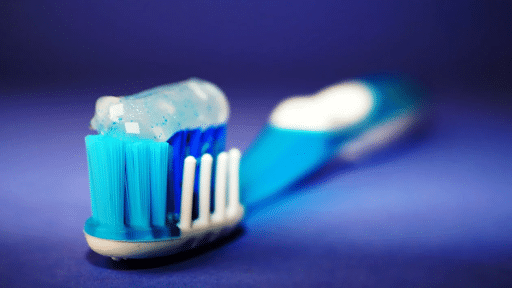
Nobody likes toothaches. They come at the worst time, they’re annoying, and they often shouldn’t be ignored. Sometimes toothaches may be a fluke like getting caught between your teeth or another problem.
While you may be tempted to ignore your toothache, it can be best to get to the root of the problem. Often an exam by your dentist can narrow down why you are experiencing tooth pain or sensitivity.
What Causes A Tooth To Ache?
There are many reasons why your tooth may be letting you know it’s not happy. Here are a few possibilities:
- Infection: Dull, throbbing pain or pain that wakes you up from sleep can indicate something more significant going on with your tooth. You may be experiencing a tooth infection. If you are experiencing this kind of pain, please reach out to your dentist as soon as possible. It isn’t good for you to have an infection in your body.
- Decay: Sometimes decay can cause your teeth to be sensitive, but it’s usually quite deep decay that causes sensitivity. Most small cavities you won’t feel, which can often be a problem because they go on and continue to grow without us realizing it.
- Recession: If your gum tissue has receded, you may be experiencing sensitivity. This sensitivity is experienced by changes in temperature, such as hot drinks or breathing in cold air. The difference in temperature causes fluid movement of fluid in tiny tubules in your tooth. These tubules lead to the center of your tooth, where your nerve is, and you experience sharp pain.
- Abrasion or Abfraction: This is similar to recession in that it takes place needing the gum line but is linked to grinding your teeth or brushing your tooth with too much force or a hard-bristled toothbrush.
- Fractured Tooth: If you have a fracture in your tooth, this may also be felt as a sharp zinger. You might experience it when chewing on food.
- Sinus Issues: Sometimes, your toothache isn’t related to your tooth. Instead, it’s coming from your sinus cavity above your upper teeth. If you are experiencing allergies, a cold, or a sinus infection, inflammation in this area may put pressure on your teeth and cause a toothache.
- Cyst or Tumor: Sometimes cysts or tumors can develop in the oral cavity. While it’s not the most common reason for experiencing a toothache, it’s definitely one that wouldn’t
want to be ignored. Sometimes it’s just benign growth but it’s possible that it could be cancerous too.
- Gum Disease: Gum disease can lead to problems with tooth mobility and even tooth loss. Gum disease can be treated by your dentist and usually requires a special kind of cleaning called scaling and root planing.
What Is The Best Way To Prevent Toothaches?
Good home care, a healthy diet, and routine dental checkups are the best ways to prevent toothaches. Eating a healthy diet helps give your teeth the nutrients that it needs to build strong enamel. Enamel is an important outermost part of your tooth that protects the nerve inside your tooth.
Good home care, such as brushing and flossing, is vital in the prevention of cavities and also in gum tissue recession. Brushing and flossing also help prevent food debris from getting caught between your teeth.
As you can see from the list above, there are many reasons why you may be experiencing tooth pain or sensitivity. Visiting your dentist regularly is essential as many of these issues can be diagnosed and treated by your dentist.
Do you have a tooth that is concerning you or causing pain? Wait no longer! Let us help you get to the root of your dental problem. Call us today!